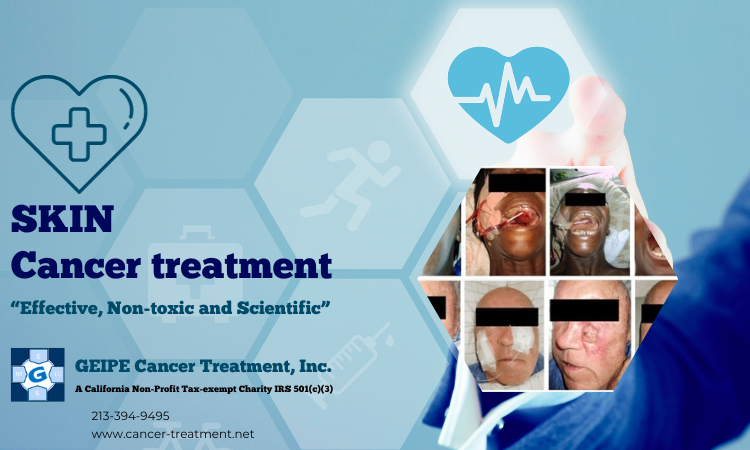
In the world of skincare, understanding the role lifestyle plays in skin cancer risk is paramount. As we uncover the complexities of this relationship, it becomes evident that daily choices and habits significantly influence the likelihood of developing skin cancer. Join us as we explore the various lifestyle factors that contribute to skin cancer risk.… Continue reading Skin Cancer and Your Lifestyle: How Habits Affect Risk
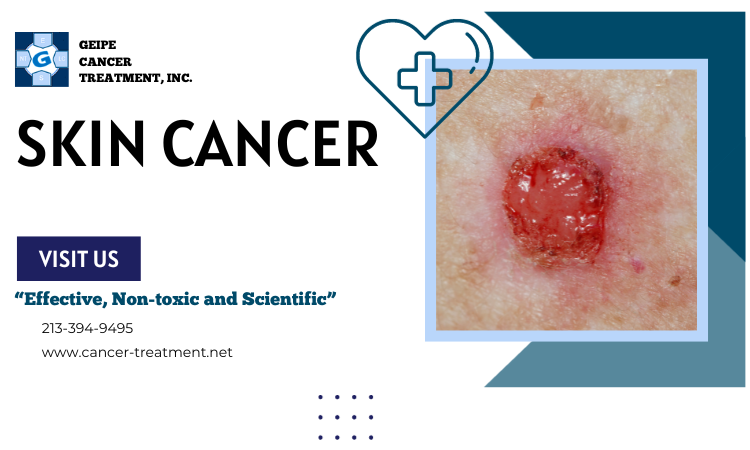
Recognizing the Risk and Unique Challenges When we think of skin cancer, we often imagine sunburned skin, fair complexions, and a history of excessive sun exposure. However, skin cancer can affect people of all skin types and colors. We’ll explore the risk factors, unique challenges, and the importance of early detection in people of color.… Continue reading Skin Cancer in People of Color
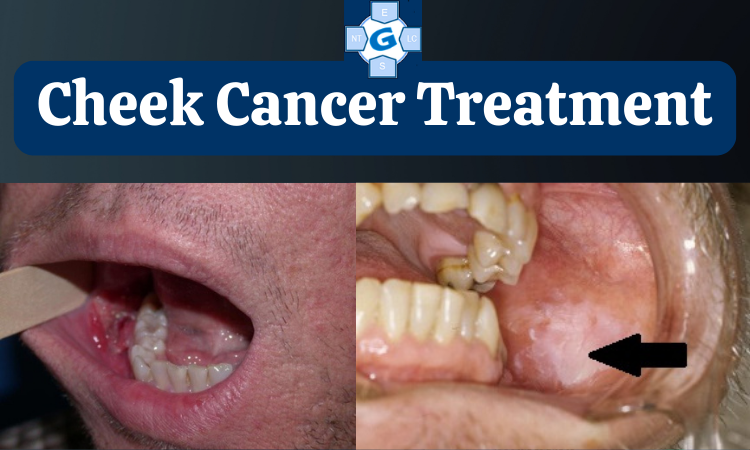
Cheek cancer, categorized as a form of oral cancer, originates within the inner lining of the cheek. While the exact cause of cheek cancer is complex and multi factorial, there are several key contributing factors that increase the risk of its development. Below we will delve into these factors to help you better understand the… Continue reading Understanding the Main Contributing Factors for Cheek Cancer
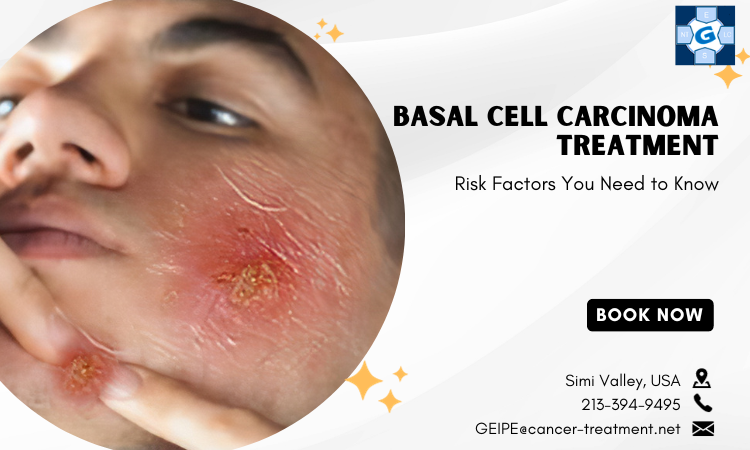
Basal Cell Carcinoma (BCC) is the most common form of skin cancer, often caused by prolonged exposure to ultraviolet (UV) radiation. While it is rarely life-threatening, timely and appropriate treatment is crucial to prevent it from progressing and causing potential disfigurement. This comprehensive guide will walk you through various Basal Cell Carcinoma Treatment options available,… Continue reading Treatment Options for Basal Cell Carcinoma: A Comprehensive Guide
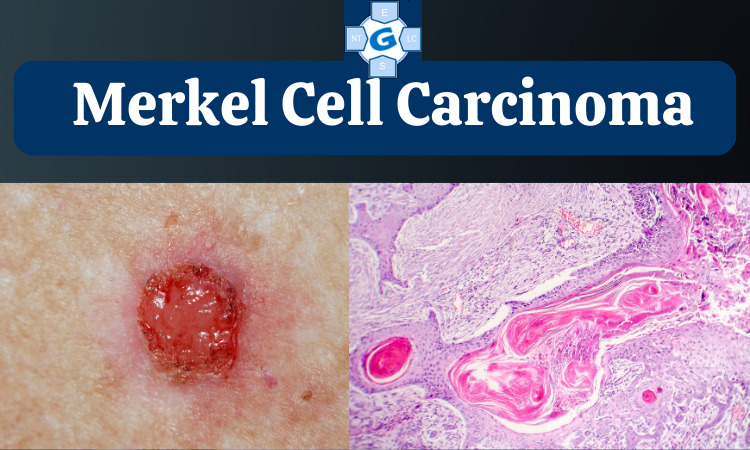
Merkel Cell Carcinoma (MCC) is an uncommon and highly aggressive form of skin cancer that predominantly affects the elderly population. Understanding how this disease impacts the elderly population is crucial, as there are often unique challenges in diagnosis and treatment for this demographic. The Prevalence of MCC in Older Adults MCC is most common in… Continue reading MCC in Older Adults: Understanding the Unique Challenges